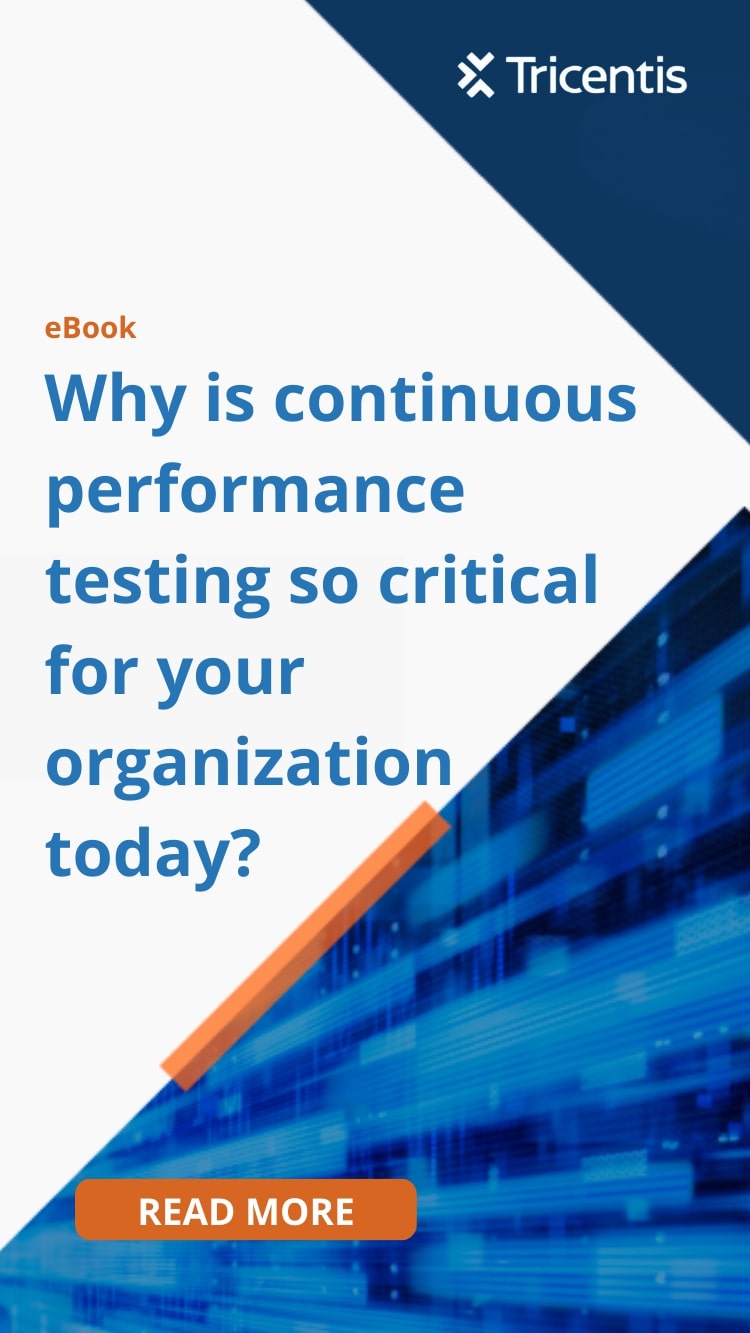CFOs manage budgeting, forecasting, cash flows, ROI calculations, and other financial control tasks. But most of these spreadsheet and number-crunching tasks now run on autopilot, thanks to AI.
In this changed scenario, CFOs move beyond finance to add value. To remain relevant, they focus more on strategic interventions. Central to such strategic interventions is a focus on people and promoting continuous learning.
The impact of Artificial Intelligence
Artificial Intelligence, especially GenAI, is making paradigm changes to the way of work and business models. The impact spreads to all departments and teams across the enterprise. Finance teams, for instance, spent long hours gathering and reconciling information. AI automates and executes these tasks in seconds. The finance team only has to address anomalies and manage exceptions.
If businesses do not embrace digitalisation and AI, they risk isolation from their ecosystem and will soon fade into obsolescence.
Benefiting from these new technologies requires synthesising information fast and strategic thinking. Ensuring data accessibility and removing silos is the work of the IT team. But the workforce must understand and leverage these technologies to further enterprise ends. For instance, GenAI becomes a powerful tool only when humans input the right prompts.
Side-by-side, the barriers to technology have dissipated. Technology is no longer a source of competitive advantage. Competitive differentiation comes through a skilled workforce. Skilled workers apply their creativity to use technology in innovative ways.
Skill development has not kept pace with technological advancements. Sourcing external talent conversant in GenAI or other latest technologies is costly, even if such talent is available. The easier option is to upgrade the skills of the existing employees.
With people becoming such a critical resource, the responsibility for skill upgrading is no longer the preserve of HR or the CIO. The enterprise has to incur significant expenditures to reskill and upskill the workforce. Such expenditures become part of strategic initiatives that define enterprise viability. The CFO, who has an overview of the entire enterprise, remains best positioned to assume the responsibility.
Upskilling the workforce
Enterprise success depends on upskilling talent. Best-in-breed CFOs are partners who drive value for the enterprise. They invest in training programs to equip the workforce to extract the best insights from data. They strive to improve team members’ competencies in analysis, critical thinking, and problem-solving. These competencies have become indispensable for using the latest AI tools. It also equips the workforce to develop innovative financial solutions to cope with disruption.
Upskilling people and making them conversant with the latest technologies impacts the finance team as well. AI automates basic finance and accounting tasks. AI analyses high volumes of transactions, automating time-consuming tasks and reducing risk. But complex financial analysis and strategic decision-making still need human expertise and judgement.
A 2022 Workday report predicts AI and ML adoption in the finance function will reach 71% by the decade’s end. Despite this trend, 74% of finance professionals currently have no experience with AI.
Finance executives become more effective when they add analytical and influencing skills.

Coping with disruption
Disruptions lurk everywhere in today’s business environment. Businesses face disruption from
- Tech developments render incumbent tools and systems obsolete. Relentless digitalisation brought about by Industry 4.0 disrupted businesses big time. The rise of AI-powered automation and GenAI has deepened the disruption.
- Unpredictable customer behaviour. In today’s fast-paced environment, customers have become fickle and more demanding. Gone are the days when the customer calls on a business. Today, businesses have to engage with customers on their terms.
- Climate change and macro-level political and economic developments. For instance, many businesses have not yet overcome the COVID-19-induced supply chain disruptions. They now face climate change-related disruptions.
Most of these disruptions are outside the enterprise’s control. Enterprises can only equip themselves to cope with them. Overcoming such disruptive trends requires agility, resilience, and flexibility.
The key enablers of enterprise agility and flexibility are:
- A proactive approach with a strong commitment to continuous learning and innovation. Continuous learning ensures the workforce remains up-to-date on the latest skills and competencies.
- Placing the right people in the right place and empowering them to leverage opportunities. The CFO plays a major role in identifying and investing in the tools to further such ends.
- Setting up systems to track workforce capabilities. Ready insights make it easy to tap into available competencies in unexpected circumstances.
- Striking partnerships and alliances. CFOs working in partnership with ecosystem partners can identify shared opportunities. CFOs spending time with the CIO and other functional leaders can identify ways to do things better.
PwC’s initiative offers a good benchmark. PwC adopted the Workday Skills Cloud with the strategic aim of reinvigorating the use of skills across the enterprise. The company used the platform to set up a global skill dashboard, develop a skills maturity matrix, and embed skills in business processes. The machine learning-powered system mapped workers and their skills. It enabled the enterprise, spread across 162 countries, to access internal skills from anywhere. The system also nudged employees to refresh their skills to stay relevant. Implementing Workday Skills Cloud has resulted in an increase of recorded skills by 90% in one year. The company has also been able to expand the recording into nontechnical skills and measure success.
Improved collaboration
Of late, CFOs have started collaborating with HR to strategise recruitment, retention, training, and other traditional people functions. The CFO shares their expertise to frame cost-benefit strategies in recruitment and workforce planning. For instance, they shed light on the financial benefits of training interventions for specific employees and the cost-benefit analysis of providing financial incentives to employees.
Effective CFOs also lead from the front to inspire and motivate the workforce teams towards enterprise goals.
Focusing on people and learning enables CFOs to build an efficient and adaptable team. CFOs who identify and invest in learning platforms add value to their roles. But the ability of CFOs to get it right depends on having integrated tools such as Workday. The Workday platform connects finance, HR, IT, analytics, and planning. The embedded AI makes the platform adaptable and powers intelligent predictions and automation.












